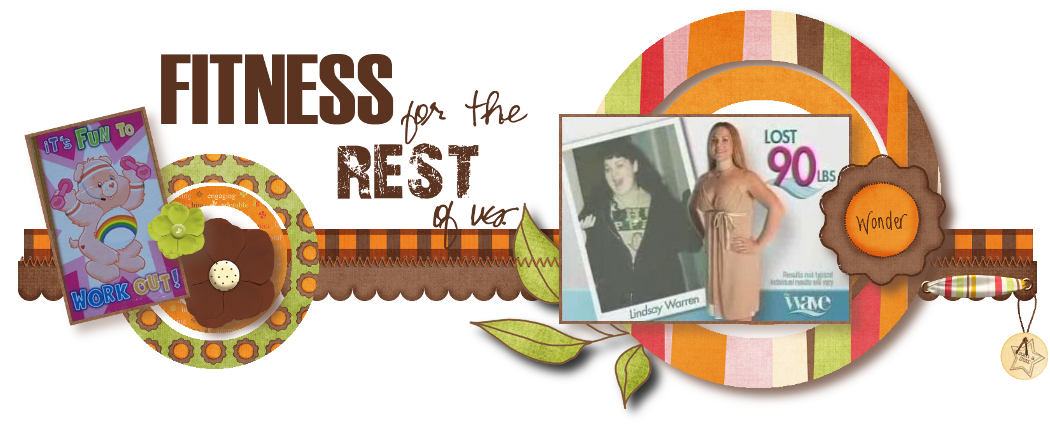It’s the Height of Flu Season—Here’s Your Immune System Checklist
By Dr. Chad Larson, NMD, DC, CCN, CSCS, Advisor and Consultant on Clinical Consulting Team for Cyrex Laboratories
Get plenty of rest and sleep – Our bodies heal and rejuvenate during restful periods, particularly while we slumber. A susceptible host (you) is vulnerable to an opportunistic pathogen (virus). Do not allow yourself to run on overdrive, or you could end up completely down for the count, making you more likely to get sick. Shoot for a solid eight hours of sleep per night and even a mid-day nap or rest if your energy is low to strengthen your immune system, thus reducing your chances of catching “the bug.”
Take beneficial supplements – More than 40 percent of the population lack the recommended intake of vitamins and nutrients for their age and gender. Even worse, 75 percent of the general population is Vitamin D deficient and the same is true for the vital mineral magnesium! Various autoimmune diseases can cause increased deficiencies in specific vitamins or nutrients as well. For example, celiac disease sufferers commonly have Vitamin D and iron deficiency. Vitamin A deficiency has been linked to rheumatoid arthritis and type-1 diabetes. Becoming ill with the flu (or even a common cold) causes an even greater need for these nutrients. The following supplements can help to prevent symptoms and even reverse the effects of overall autoimmune disease in various ways:
- Vitamin A – mucosal immune system support
- Vitamin D – better immune and muscle function and reduced inflammation
- Vitamin K2 – brain, gut, bone and nervous system support
- Iron – improve energy and replenish deficits caused by autoimmune-induced gut dysfunction
- Micronutrients (selenium, magnesium, zinc) – optimize immune function, antioxidant support and reduce inflammation
- Omega-3 fatty acids – decrease inflammation and support cell membrane integrity
- Probiotics (spore-based or 25-50 billion CFUs) – overall gut health, microbiome balancing
Avoid harmful supplements – While there are many supplements that can aid in strengthening a compromised immune system, there are also herbs and other supplements that can aggravate an already-overactive immune system. The enhancement of immune response can be counterproductive in people with autoimmune disease, therefore certain supplements should only be taken under the guidance of a qualified practitioner. One herb to be aware of is Echinacea, a botanical supplement used to boost the immune system, as it may cause added flare-ups in an already hyperactive immune system. Garlic is another, as three substances in it – allicin, ajoene, and thiosulfinates – potentially rev up your immune system by increasing the activity of white blood cells. It is suggested to check with your naturopathic physician about other supplements to avoid for specific autoimmune diseases.
Maintain a healthy diet – Just as with supplements, there are two parts to this. First, eating a whole foods-based diet rich in vitamins and nutrients, protein and omega-3 fats is beneficial for everyone. Increasing your green veggies and foods rich in Vitamin C is important to avoid getting sick. Second, there are many foods for autoimmune disease sufferers to avoid. One symptom that all autoimmune diseases have in common is inflammation. There are many foods that can cause inflammation, including:
- Dairy
- Gluten
- Processed carbohydrates
- Refined grains
- Meat from grain-fed animals
- Processed meat
- Refined sugars
- Alcohol
- Additives and artificial coloring
- Omega-6 fats
Exercise – We all know that exercise is essential for overall well-being and good health. Additionally, it is also believed that exercise is necessary for a healthy immune system in that it promotes good circulation, which allows the cells of the immune system to move throughout the body to do their job efficiently!
Dr. Chad Larson, NMD, DC, CCN, CSCS, Advisor and Consultant on the Clinical Consulting Team for Cyrex Laboratories. Dr. Larson holds a Doctor of Naturopathic Medicine degree from Southwest College of Naturopathic Medicine and a Doctor of Chiropractic degree from Southern California University of Health Sciences. He is a Certified Clinical Nutritionist and a Certified Strength and Conditioning Specialist. He particularly pursues advanced developments in the fields of endocrinology, orthopedics, sports medicine and environmentally-induced chronic disease.
Do not copy, in whole, or in part any portion of any postings on my blog. Do not repost my content on any other site without my explicit consent. All of my postings belong solely to lindsey8.blogspot.com.

No comments:
Post a Comment